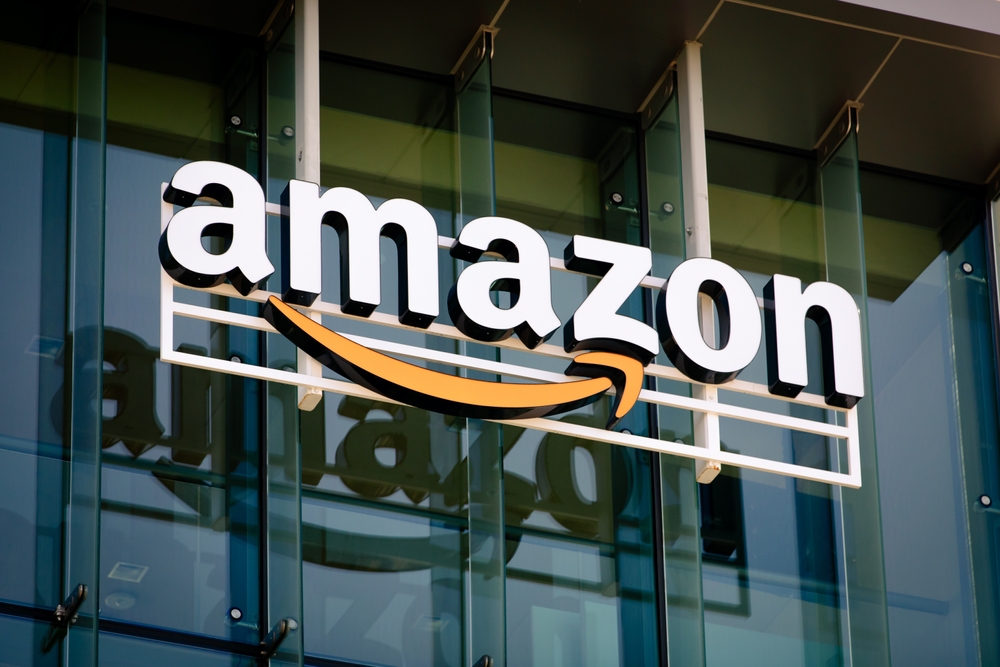Consumer Watchdog Moves to Place Google Under Federal Supervision for the First Time
The Consumer Financial Protection Bureau (CFPB) has begun the process of placing Google under federal supervision, a bold step that could set new precedents for how the U.S. government oversees the growing influence of tech giants. If successful, this initiative would subject Google to regular inspections and scrutiny, offering a framework for regulating large tech companies involved in financial services.
The Growing Scope of Financial Oversight
While the full scope of the CFPB’s actions remains unclear, it is part of a broader push to bring tech firms like Google, which offer financial products, under similar oversight as traditional financial institutions. Google Pay and other financial tools from the tech giant are likely at the center of the agency’s interest. According to sources in The Washington Post, Google has been fighting this move for months, resisting the scrutiny that would come with being placed under the CFPB’s supervision.
Established in 2008 in response to the financial crisis, the CFPB’s mission is to protect consumers from unfair and deceptive financial practices. Although the bureau traditionally oversees banks and credit unions, Director Rohit Chopra has extended his focus to tech companies involved in the financial sector. In 2021, the CFPB launched an investigation into the payment systems of major companies like Amazon, Apple, Facebook, Google, PayPal, and Square.
Implications for the Tech Industry
The move to oversee Google could have far-reaching consequences, not just for the company but for the entire tech industry. If successful, the CFPB’s actions could pave the way for increased government scrutiny of other tech giants providing financial services. This could lead to more rigorous regulations, ensuring consumer protection and financial transparency in the tech space.
Political Shifts Could Influence Oversight Efforts
However, the future of this initiative may depend on political changes. With the potential return of Donald Trump to the presidency in 2025, the direction of tech oversight could be subject to change, adding uncertainty to the ongoing process.
NLRB Stands Up for Workers’ Rights: Amazon’s Anti-Union Meetings Are Out
The National Labor Relations Board (NLRB) has determined that Amazon’s practice of holding mandatory “captive-audience meetings” to share anti-unionization views is a violation of the National Labor Relations Act (NLRA). This decision marks a pivotal moment in labor rights, emphasizing the protection of workers’ freedom to choose union representation without undue pressure.
Captive-Audience Meetings Undermine Free Choice
The NLRB ruling highlights the potential coercion in these employer-led meetings, where employees are compelled to listen to management’s anti-union messages under the threat of disciplinary action. According to NLRB Chairman Lauren McFerran, such meetings “undermine” the ability of workers to make independent choices regarding unionization. She added, “Today’s decision better protects workers’ freedom to make their own choices in exercising their rights.”
New Guidelines for Employer-Employee Interactions
While employers, like Amazon, are still allowed to discuss unionization, the new guidelines require that such discussions must be voluntary, with workers given advance notice and the clear option to opt out without repercussions. Furthermore, attendance records can no longer be kept to monitor participation. These measures aim to create a more balanced and non-coercive environment for unionization discussions.
Implications for Amazon and Big Tech
The ruling primarily impacts Amazon, which has faced repeated challenges over its handling of union efforts. However, the decision could have broader implications for other major tech companies that have employed similar tactics. The NLRB’s decision strengthens protections for workers across industries, signaling that employers must respect the autonomy of employees in their decisions about union representation.
For further details on this groundbreaking decision, visit the full article on Engadget.
Trump’s Re-Election Sends US Stocks to New Heights, Boosting Dollar and Bitcoin
US stocks surged to record highs, while the dollar and Bitcoin also posted impressive gains after Donald Trump’s unexpected re-election victory, marking a significant turning point in the global markets. As Wall Street celebrated the political shift, investors were betting that Trump’s fiscal policies would ignite growth despite concerns over inflationary pressures.
Wall Street Rallies, Dollar Soars to New Heights
The major US stock indexes closed at new peaks, with bank stocks leading the charge. The dollar surged by approximately 1.65% against a basket of global currencies, including the pound, euro, and yen. The British pound dropped by 1.16% against the US dollar, hitting its lowest point since August. The euro also faced a significant setback, falling 1.89% against the dollar. Meanwhile, the Japanese Nikkei 225 index ended the session up by 2.6%, and European markets saw mixed results with the German DAX and French CAC 40 closing in the red.
Bitcoin Breaks Records Amid Political Shifts
Bitcoin reached an all-time high, briefly touching $75,999.04, a jump of more than $6,600. The cryptocurrency surge is largely attributed to Trump’s commitment to making the US the “Bitcoin superpower of the world.” Unlike the Biden administration’s crackdown on crypto firms, Trump has pledged to create a more favorable environment for digital currencies. His stance is already having a ripple effect, with major backers like Tesla’s Elon Musk reaffirming support. Musk’s Tesla shares surged over 14%, marking a two-year high, fueled by Musk’s public endorsement of Trump and Bitcoin.
Global Reactions to Trump’s Trade Policies
Despite the market’s enthusiasm, Trump’s economic policies are raising concerns, particularly in global trade. His proposals to increase tariffs, especially on China, are seen as a potential economic shock. Economists have warned that such policies could slow growth in countries like the UK and the EU. Chancellor Rachel Reeves of the UK emphasized the importance of free and open trade, cautioning against protectionist measures that could undermine global economic stability.
Looking Ahead: Focus on Inflation and Interest Rates
With inflation concerns rising, investors are closely watching the Federal Reserve’s next move. Trump’s tax cuts and tariffs are expected to increase inflation, prompting speculation about prolonged high interest rates. Jerome Powell, the Fed chair, will soon provide clarity on monetary policy, a key factor influencing global markets in the coming months.
For further details, read the full article here.




